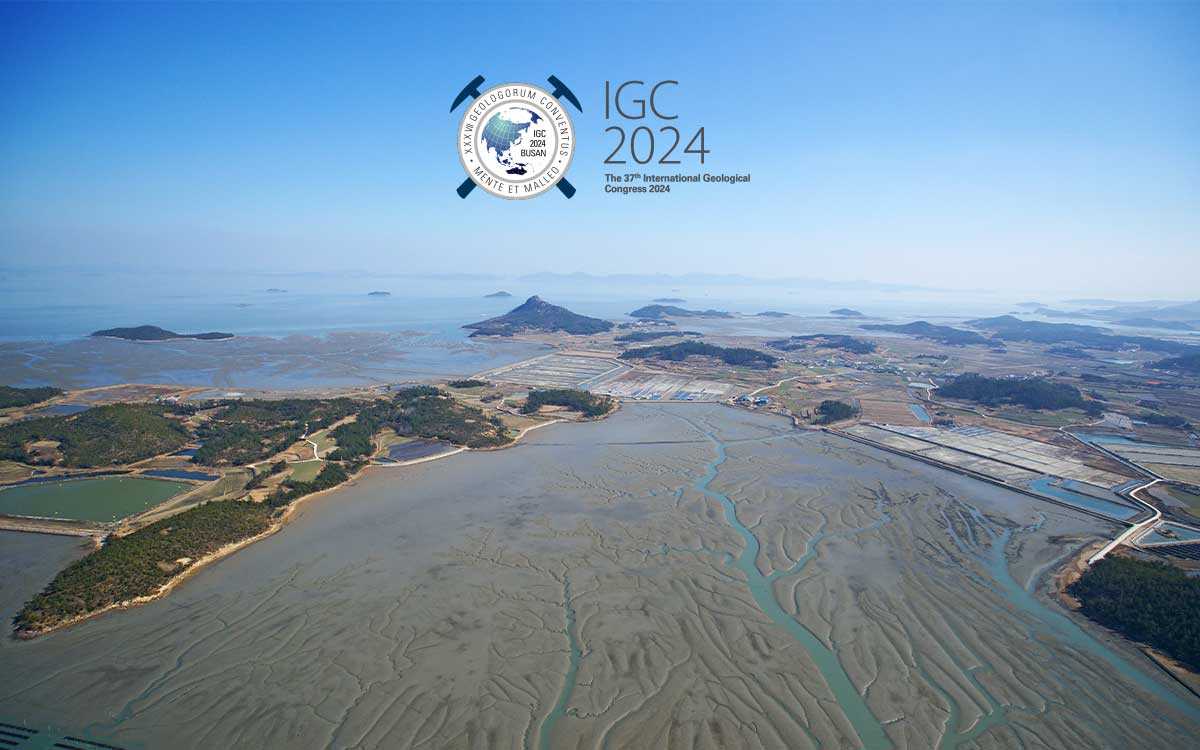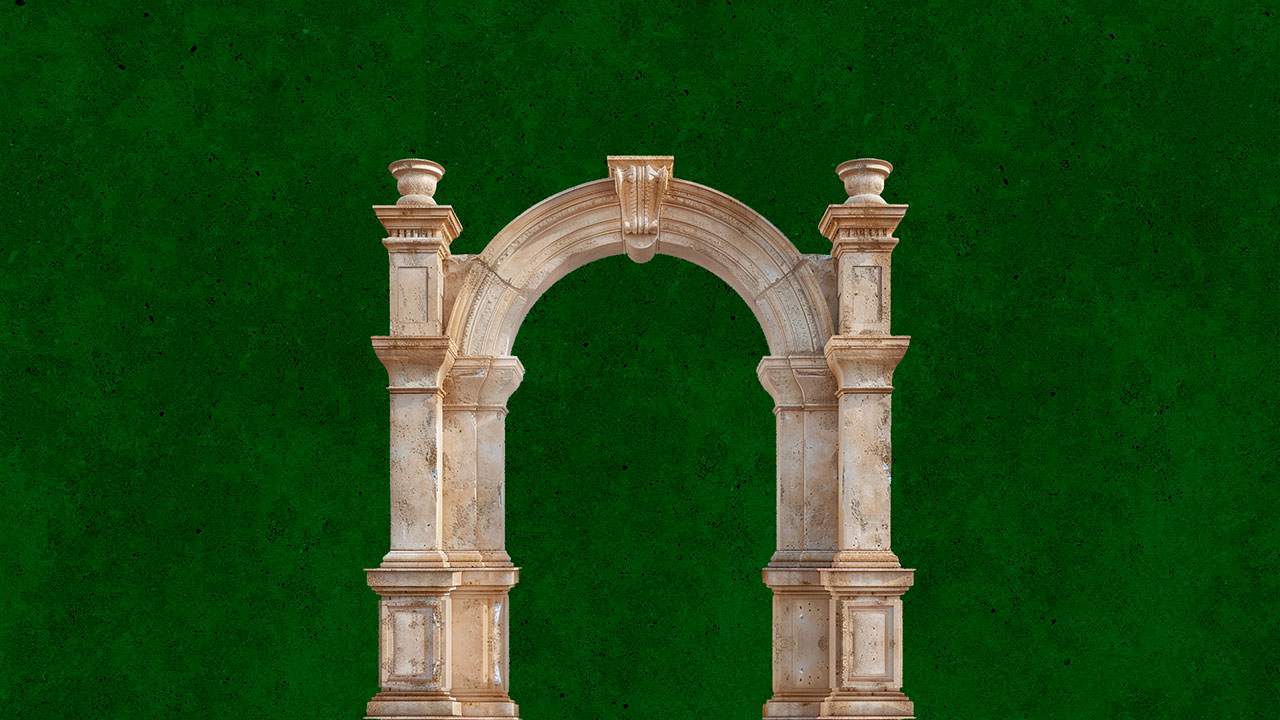The First 100 interviews / Stanley Finney
“Zumaia declaration is a statement from the International Geological Sciences of the importance of preservation of our geological heritage”
It is the 60th anniversary of the International Union of Geological Sciences. What is the IUGS?
The International Union of Geological Sciences (IUGS) is an international non-governmental non-profit organization. It has member countries, delegations, from 122 countries, most of which pay subscription fees, that support the International Union of Geological Sciences, and they come together every four years at the International Geological Congress. IUGS promotes and encourages the study of geological problems, especially those of world-wide significance, and supports and facilitates international and interdisciplinary cooperation in the Earth sciences.

Stanley Finney: General secretary of the international union of geological sciences (iugs).
Nowadays, IUGS gives special consideration to international standards, geoscience education, geoscience information and environmental management and hazards. But the IUGS promotes the collaboration or cooperation among geological scientists worldwide.
Why did the IUGS decide to celebrate its 60th anniversary here? And what does the IUGS Zumaia declaration means?
The decision to hold the 60th anniversary celebration here in Zumaia is because of all happened lately in the world with Covid, being unable to travel and so on. There were plans to have a great celebration in Paris, but with Covid restrictions we could not have it there. After that, I convinced the other members of the Executive Committee that Zumaia, should be the place where we also have not only the announcement of the First 100 celebration, but to have our own 60th anniversary celebration event.
And what does the IUGS Zumaia declaration means?
Zumaia declaration is a statement from the International Geological Sciences of the importance of preservation of our geological heritage. And what we’re really doing is not just preserving it, our actions are to make these geological sites well known. Once they’re well known, they receive attention. Many are already in preserves, many are not though, but they receive attention from geologists. Geologists may know several of these, but no one knows all of them because they’re so multitude and different, and this brings them together for the geoscience community to be known. When they’re known, then they’re given real importance, and that helps with their preservation, their use for educational activities. So that’s what the declaration is really saying. This is important and gives the reasons why it is important.
Which is the role of Geological Sciences in front of global change?
The International Geological Sciences has a major role in terms of the change happening to the Earth today and specially it’s climate. It’s a community of geoscientists, they’re the best trained scientists to know the history of the Earth, to know how it operates through its history and to understand what’s happening today. I mean, they’re studying the process today and knowing it, but we have past examples, and they give us so much important information to know the changes are now to our atmosphere. Geoscientists can see the history of the Earth and understand the process, predict what’s coming forward with sea level, with climate change, with changes to the biosphere… Geoscientists understand this. And the IUGS is a community of geoscientists who is spreading that knowledge and information among the scientific community and the public.
What does the announcement of the First 100 mean?
Announcement of the First 100 is a spectacular way to start this initiative, this process of IUGS recognition of these important geological heritage sites. The First 100 is a way that catches everyone’s attention. Everybody wants their proposal to be in the First 100. People are proud to be in the First 100, and it just generates an extra energy.
And why did you decide to make this announcement? What do you expect from this?
From this announcement, we expect that the greater community will know about this program and beware of these geological sites. We started with an ambition of getting the 100 identified, named and recognized within about one year. It was under a real short time deadlines. We only had three or four weeks to solicit proposals. We had to sit and decide, groups of us, which are the key sites that ought to be recognized. Then we had to find people that could write the proposal, the experts… We did what we could. There are a lot of good sites. There are sites we haven’t thought of, but that will come in future years.
This event brought together people from more than 40 countries. What does it mean to you?
All the people coming here, all the participants, are the spirit of the International Union of Geological Sciences. It brings together people from all countries to work together for a common goal, and that’s the spirit of the IUGS. People coming together in small specialist groups or larger groups, or events like this, events more open to the public… to interact and create a network. There will be friendships filled out of this meeting, connections, people will go forward more enthused about geoheritage working with each other. So, these types of events build that kind of network that webinars could never do.


